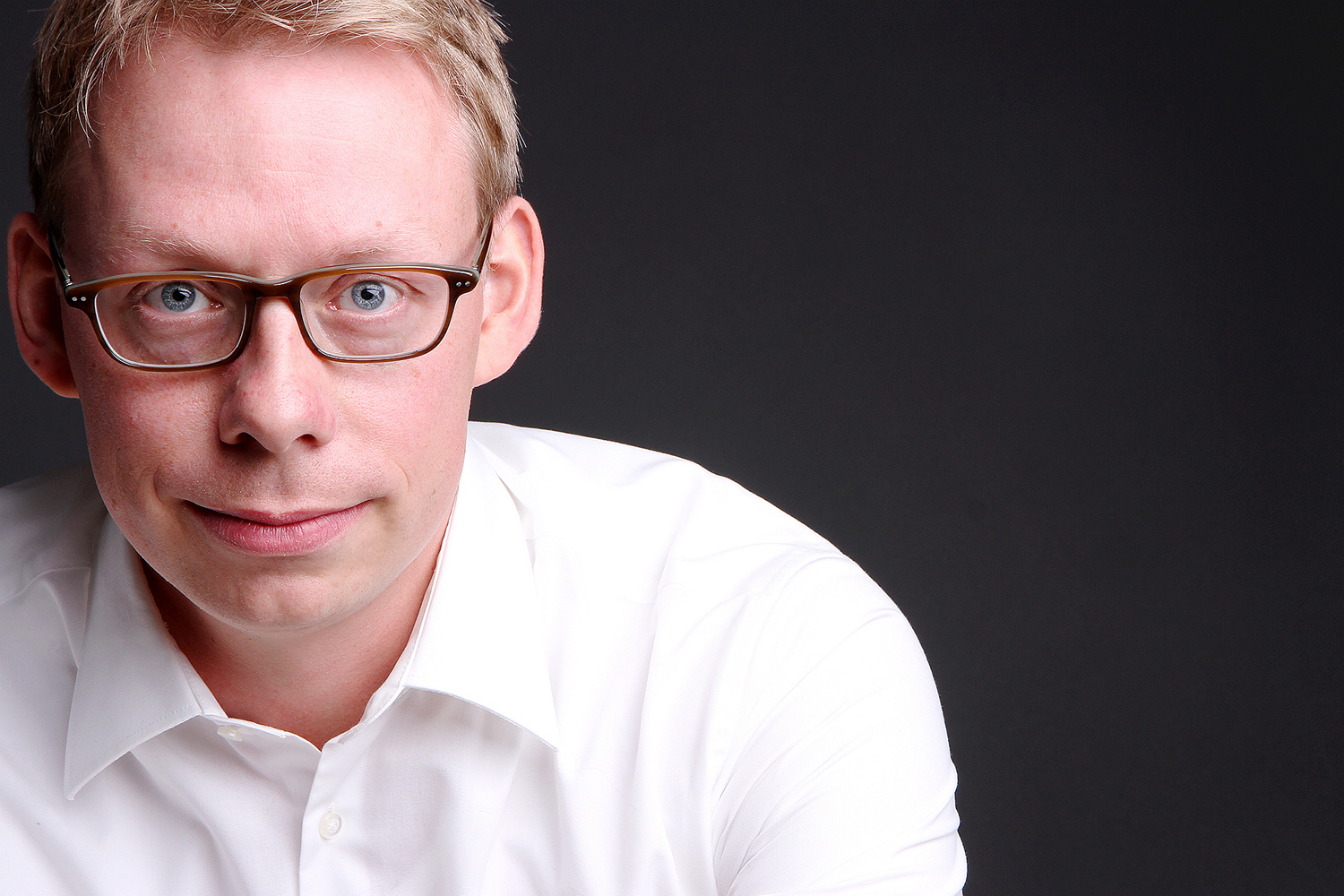Wanted: International Scientific Talents Professor Nils Goseberg is the Alexander von Humboldt Foundation's Henriette Herz Scout
The Alexander von Humboldt Foundation has selected Professor Nils Goseberg from the Leichtweiß Institute for Hydraulic Engineering and Water Resources (LWI) as a Henriette Herz Scout. This means he can now select three international scientific talents from the fields of Coastal and Ocean Engineering for a scholarship. Professor Goseberg told us in an interview which criteria the postdocs should fulfil and how they will be integrated into the LWI.

As Henriette Herz-Scout, Professor Nils Goseberg is on the lookout for international scientific talents. Picture credits: Nils Goseberg/TU Braunschweig
What is your task as a Henriette Herz Scout?
The Henriette Herz Scouting Programme of the Alexander von Humboldt Foundation (AvH) aims to find new AvH fellows who would not be accepted into the funding lines via the normal channels – either because of a lack of knowledge about it, a lack of contacts in the German science system or a lack of confidence in a potentially successful application. This also addresses diversity aspects in the scientific disciplines, which should be addressed through targeted scouting.
With this in mind, as the new Henriette Herz Scout for the years 2023 to 2025, I would like to try to select suitable talents early on in my own research network for the field of Coastal and Ocean Engineering and motivate them to come to the Braunschweig science region. They can do research together here for a period of between 6 and 24 months. The great thing is that the AvH – unlike with the regular scholarships – awards the scholarships on my recommendation and no further scientific evaluation has to take place. In this respect, I am in the privileged but also responsible position of being able to carry out direct acquisition.
You can recommend up to three talented scientists for the scholarship. What criteria should they fulfil?
I am now looking for talents in their postdoc phase or at the beginning of a leadership position, i.e. assistant professors, with less than twelve years after their doctorate. It is important for me to recruit at least two female scientists from the three scientific talents. The decisive criterion will, of course, be academic performance. In particular, peer-reviewed publications in recognised journals are relevant here. In addition, I also look at the potential of the candidates, their own networks and their ability to fit into my own group and the ecosystem around the Coastal Research Center.
How do you want to reach the future scholarship holders?
My identification concept is done in two ways: Firstly, I am active on social media (Twitter, LinkedIn), where I have built up an exciting network over the past few years. In addition to these contacts, groups for @WomeninCoastal or @BlackinGeoscience, for example, as well as the well-known hashtag #FlumeFriday play a major role here for dissemination and information sharing. On the other hand, I will actively approach my personal network to get recommendations for possible candidates. In this way, I can achieve further identification and, if necessary, include existing network contacts within the framework of AvH funding and thus create further added value.
How will the scholarship holders be integrated into the Leichtweiß-Institute for Hydraulic Engineering and Water Resources?
During the search for and pre-selection of potential candidates, I will already make sure to define as many intersections as possible with the institute, my department and the other LWI departments, as well as with the Coastal Research Centre. I am convinced that the experimental facilities we operate in Braunschweig and Hannover will have a magnetic effect on scientific talents. The scales and the possibilities of these experimental facilities are not available at every corner, and in this respect I will link the talents with the facilities in such a way that we further develop our discipline along the intersections of experiment and simulation. This strategy will result in direct involvement in the work and added value for both sides. In this way, I also reflect the mission of the AvH, which is committed to international exchange and strengthening Germany as a science hub.
